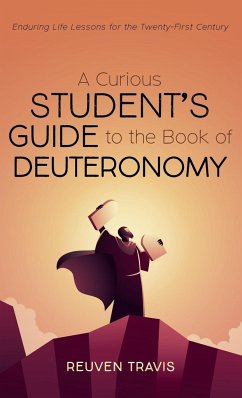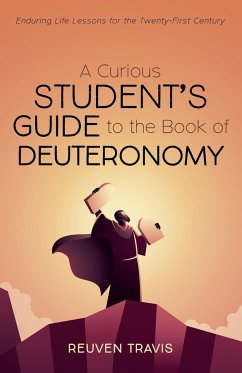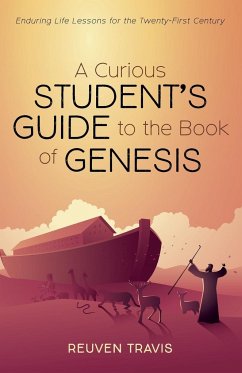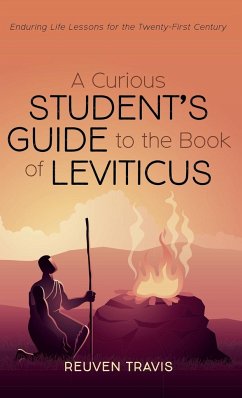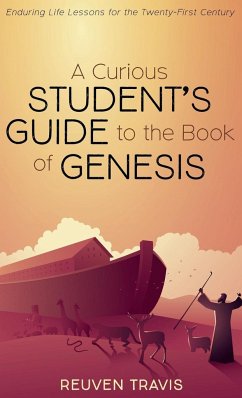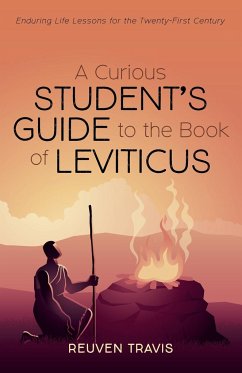One of the most common phrases in the Torah is ""And the LORD spoke to Moses, saying . . ."" So many of the Torah's commandments are introduced in this way. These words represent God speaking to Moses and instructing him what to repeat or teach to the Jewish people. Yet, this phrase is not found at all in Deuteronomy, and this helps explain why this book is so very different from the other books of the Torah. Deuteronomy is Moses's book. It is the record of Moses's final speech to the Jewish people before his death. But this leads to a very basic and very fundamental question. Why are the words of man, even a man as great as Moses, part of God's holy Torah? A very good question, a powerful one indeed. And while we may not come up with a good or satisfying answer, this book examines and presents life lessons just as important as those found in any other biblical text.

